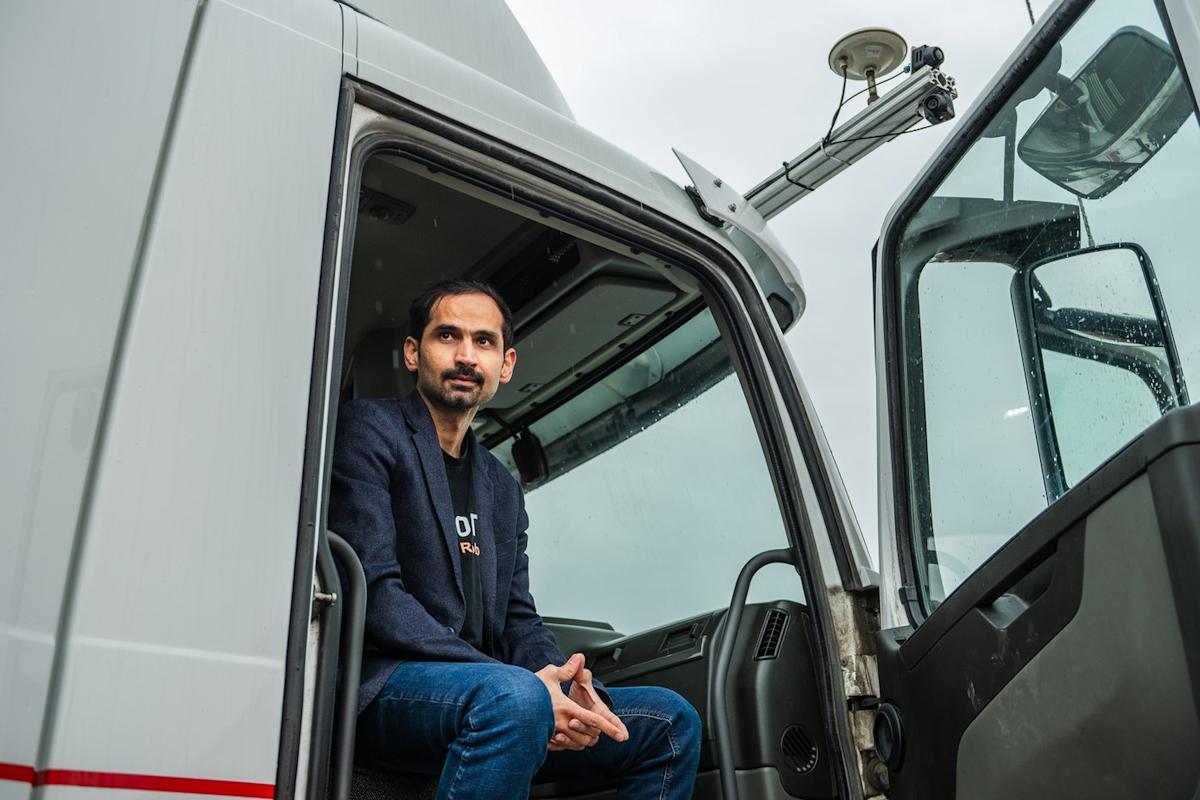MONTREAL — If it’s daytime, odds are a lone box truck is cruising the streets between Toronto and Brampton, Ont., with no one behind the wheel.
Bristling with more than two dozen cameras, radars and “lidar” — a laser-based measurement of distance — the vehicle ferries groceries daily from an automated Loblaw Cos. Ltd. warehouse at a supermarket in Etobicoke to its headquarters 25 kilometres west of the city.
Sporting a purple logo, the truck is owned by Gatik Inc., an autonomous trucking firm based in California but with an office a 10-minute drive from the store.
“We’ve been laying down very deep Canadian roots for five, six years now,” said Rich Steiner, a spokesman for Gatik, which placed its first self-driving truck on a Canadian road for Loblaw in 2020.
Five of the company’s six Isuzu box trucks in Ontario haul goods from a Loblaw distribution facility to retailers on fixed routes in the Greater Toronto Area, all autonomously but with a safety driver on board.
Gatik is one of several companies vaulting Canada to the forefront of autonomous trucking, with self-steering haulers powered by domestic tech already on the road in Ontario and Texas — but questions around safety and regulations continue to pose problems for the nascent industry.
It’s not just satellite companies that are operating in Canada. Homegrown firms have staked out turf as well.
NuPort Robotics has partnered with Canadian Tire Corp. Ltd. on a pilot project that aims to move goods within a distribution centre north of Toronto.
There, a Volvo eighteen-wheeler undergoes testing on private roads as it learns to shuttle goods “like a taxi for cargo and rearranging containers,” said chief executive Raghavender Sahdev. At least a half-dozen Nuport trucks are in the testing phase with customers in several provinces. It aims to start deploying them commercially on public streets within a couple of years, he said.
Waabi Innovation Inc. may be the jewel in Canada’s autonomous trucking crown. The artificial intelligence startup launched in Toronto four years ago, but already runs about a dozen autonomous trucks between the Dallas and Houston areas for Uber Freight, said founder Raquel Urtasun.
Backed by 200 employees and $375 million in funding from partners ranging from Uber and Nvidia to Volvo and Porsche, the company now finds itself in a race to commercially deploy the first driverless long-haul truck in Texas. It plans to do that near the end of the year, Urtasun said in an interview.
“The industry is ripe for this technology,” said the CEO and University of Toronto computer science professor.
